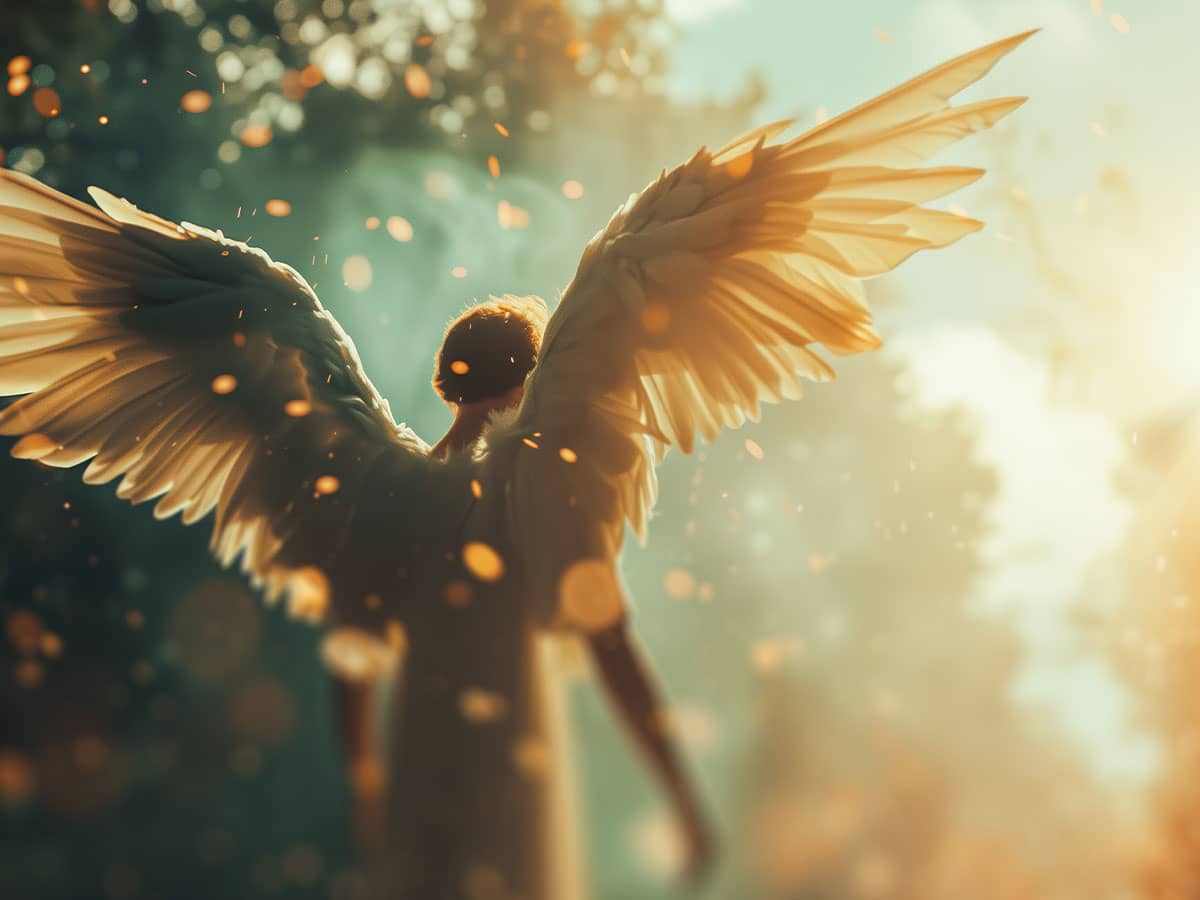"You know," one of my friends joked, "when I was young, I'd see those old people with all these aches and pains, and I thought, "I'm never gonna do that."
Ah, didn't we all? Didn't we all make such naive vows, about how we'd stay slim and healthy and somehow will ourselves immune to the indignities of aging? And didn't our bodies, eventually, betray us? Maybe just in little ways-an age spot here, a wrinkle there, a few sore muscles after a bike ride that wouldn't have fazed our younger selves. Or maybe with big betrayals-disease, disability.
And yet, I learned, even again, battle-weary bodies can perform small miracles. I'll never pass for a twenty-five-year-old, but I can appreciate my forty-three-year-old body's strength and wisdom in ways I never did before.
My story starts with my body's biggest betrayal-cancer. When I was thirty-four, I was diagnosed with Hodgkins lymphoma. That first bout in 1994 wasn't so bad; I weathered chemo and radiation sporting colorful hats and fun wigs. And I was confident because Hodgkins is the "good" cancer, a highly curable kind.
But in 1997, when the Hodgkins recurred, I entered that no man's land of gut-gnawing uncertainty. This time I felt divorced from my body, utterly betrayed. "Body," I said, "you've really blown it this time."
Even though we weren't on speaking terms, my body managed to survive with stoic grace, "sailed" through treatment, as my doctor put it. It didn't feel like sailing, but I had no problems other than the expected nausea and fatigue. After twenty-three days in the hospital for a stem cell transplant (a type of bone marrow transplant), I was so weak I could barely walk the few feet from the car to my front door.
Gradually, I began to recover, but my energy level remained low. Having exercised regularly before, I knew I'd have more energy if I exercised a little. But I viewed my body as gimpy and flawed. Better not push it. I slept instead.
As fate would have it, in early 1998, my crafty editor asked me to interview cyclist Lance Armstrong for a newspaper story. After a fierce battle with testicular cancer, Lance had just returned to competitive cycling.
I asked him, "Do you ever worry that by pushing yourself so hard physically you might bring back the cancer?"
"If my doctors told me to get off the bike, I'd get off the bike," he told me. "But as long as they tell me that it's okay, I'm going to compete."
His words resonated for me. I realized: I couldn't get another body. I could only make decisions with the best information available. Lance had had cancer, but that didn't mean his body was gimpy or flawed. (In fact, the guy is borderline superhuman.) The cancer just happened. It was time for me to get back on the bike, too.
So I went back to the health club. I took it very, very gradually, but I kept on. Meanwhile, Lance went on to win the Tour de France-and then repeated himself several times over, becoming a five-time winner. I still shake my head in amazement. If Lance can overcome cancer and win the Tour de France, I thought, at least I can get in shape.
At the beginning of 2001, I came across an article about the Danskin Women's Triathlon in Austin, Texas. Even before cancer, this would have been a daunting challenge. It was just the thing.
I checked with my oncologist first. "Go for it," he told me. An avid bicyclist, he even offered me a few training tips.
"You're nuts," they said. But a week later, they all signed up.
So we began training together. We spent mornings biking around the local lake, sweating and puffing. We swam lap after lap and ran mile after mile. Since we all had children in the same school, we nicknamed ourselves "the Significant Mothers" (slogan: "Somebody's gonna get hurt").
At times I got discouraged. I was slower than everybody. I worked hard, and I improved, but I never caught up. One day, biking along at the back of the pack, I passed a man sitting in his car smoking a cigarette. "I'm ahead of him," I thought. "Way ahead!"
In June, we traveled together to Austin for the triathlon. My family came along to cheer me on, including my nine-year-old daughter, who I like to think was paying attention. I bought her a T-shirt that read: "My Mom Tri's."
The first "wave" of participants, the expert class, dashed into the lake to start the race, stroking furiously as a swarm of angry bees. Next was my wave, a group of about twenty-five cancer survivors. We looked more like a flotilla. We paddled along, chatting. We were, literally, just glad to be there.
After the half-mile swim, I hopped on my bike for a thirteen-mile ride-full of hills-followed by an agonizing three-mile run/stagger.
I wasn't fast, but I finished. (And I must tell you, I did beat a few twenty-five-year-olds.) At the finish line, someone handed me a medal inscribed with these words: "The woman who starts the race is not the same woman Who finishes the race."
I know I wasn't. My oncologists had given me back my health, but the triathlon gave me back my body.
I realized I owed my body a big apology. I thought of the day I had returned from the hospital, chemo. Weary and barely able to walk. Yes, I had taken care of myself: eating, training, resting. But my body, with its awesome, invisible wisdom, did the real work. It handled an onslaught of disease and chemo and put itself back together again--then ran its first triathlon at the age of forty-one.
"Body," I said, "you're all right."

